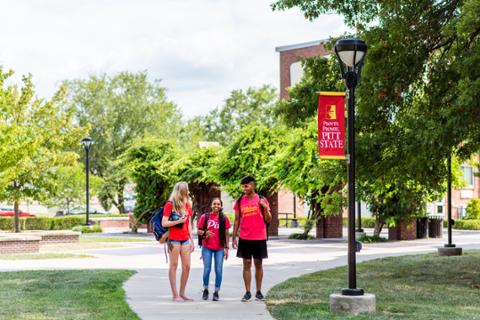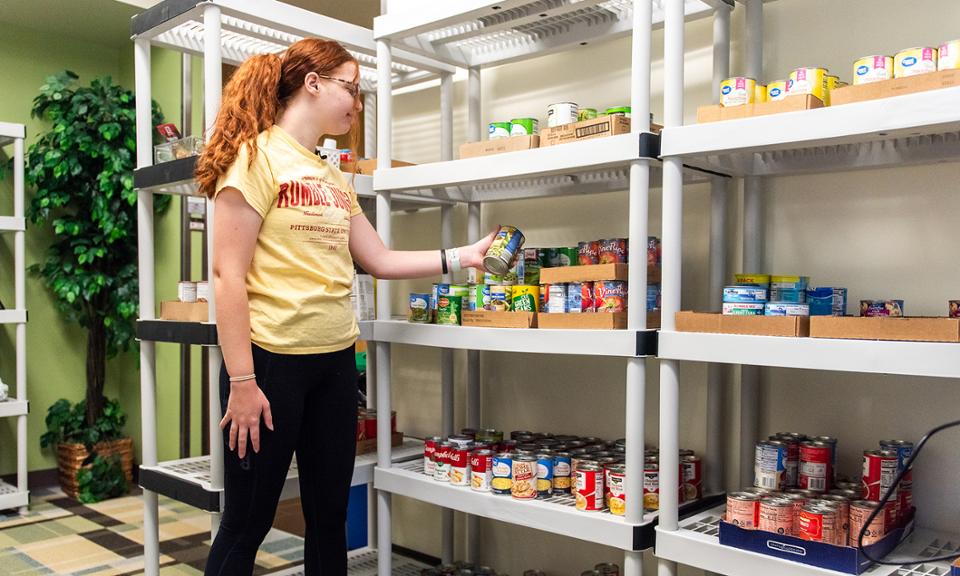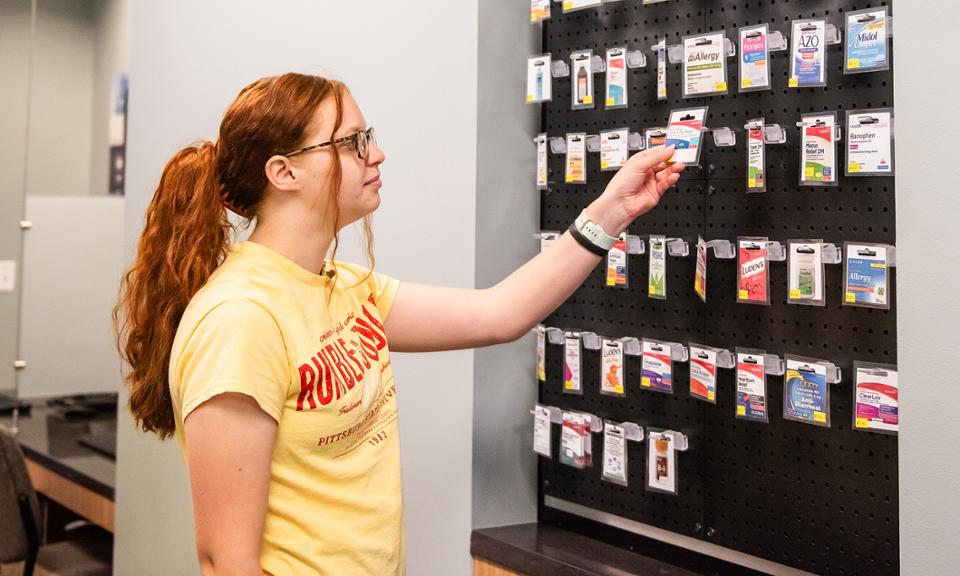Bryant Student Health Center
Community Health Center of Southeast Kansas is now serving students, staff, and families of Pittsburg State University.
CHC will see you regardless of your ability to pay.
Complete the Financial Assistance form, and CHC will bill you based on your personal income, not your family's.
Your bill isn't tied to your academics, so you won't face course holds due to unpaid bills.
Walk-Ins Welcome!
Walk in, give us a call, or schedule an appointment online. Whatever is easiest for you!
The Bryant Student Health Center offers Medical, Pharmacy (with delivery available), and Behavioral Health Services.
Hours of operations are Monday through Friday, 8 AM - 6 PM.
After-hours please call (888) 521 - 6005.
For medical emergencies call 911



Fill out a short online form and set up an appointment that works with your schedule.

For new and current patients. Portal to sign forms, pay bills, and access test results. Create a new account for our patient portal.

Behavioral Health
We are committed to your overall wellness and offer behavioral health services including counseling, medication assessments, testing, and more. Call to set up an appointment.
Call 620-235-4452Wellness Education and Advocacy
Navigate issues such as stress management, sexual health and STI prevention, alcohol awareness, and victim advocacy in partnership with Safehouse Crisis Center.
Safehouse Crisis Center has a team of certified advocates based in Pittsburg who can be dispatched to campus immediately.
CHC partners with the Title IX Office and University Police & Public Safety to promote services available for survivors, working seamlessly and quickly to ensure the process is consistent and immediate.

Gorilla Pantry
Students facing financial challenges are provided with non-perishable food items and hygiene products to help them manage their grocery expenses. You can visit the Gorilla Pantry at the Bryant Student Health Center between 8 AM and 6 PM, Monday to Friday.

Health Center Pharmacy
Do you have allergies, period cramps, or lactose intolerance? Stop by the Bryant Student Health Center for over-the-counter medicines. Our healthcare staff sells basic pharmacy products at market prices.

You may also access your care at any CHC/SEK Location including:
- Pittsburg South Clinic: 1011 S. Mount Carmel Place w/ Walk-In Care & Pharmacy 7 AM - 7 PM, Monday - Saturday.
- Pittsburg Mid-Town: Walk-In Care that is coming soon!
- Pittsburg North Clinic: 3011 N. Michigan St w/ Walk-In Care & Pharmacy 7 AM - 7 PM, 7 days a week.
State-approved group student health insurance covers students, spouses, and dependents.
Submit your immunization records to stay compliant with University health requirements.
Access your medical records at Pitt State prior to Aug 4, 2023.
Our Community.